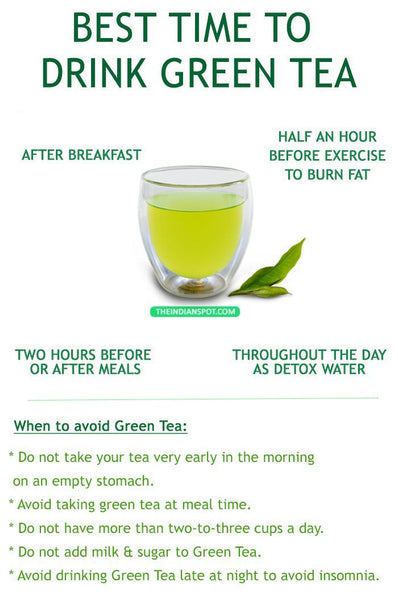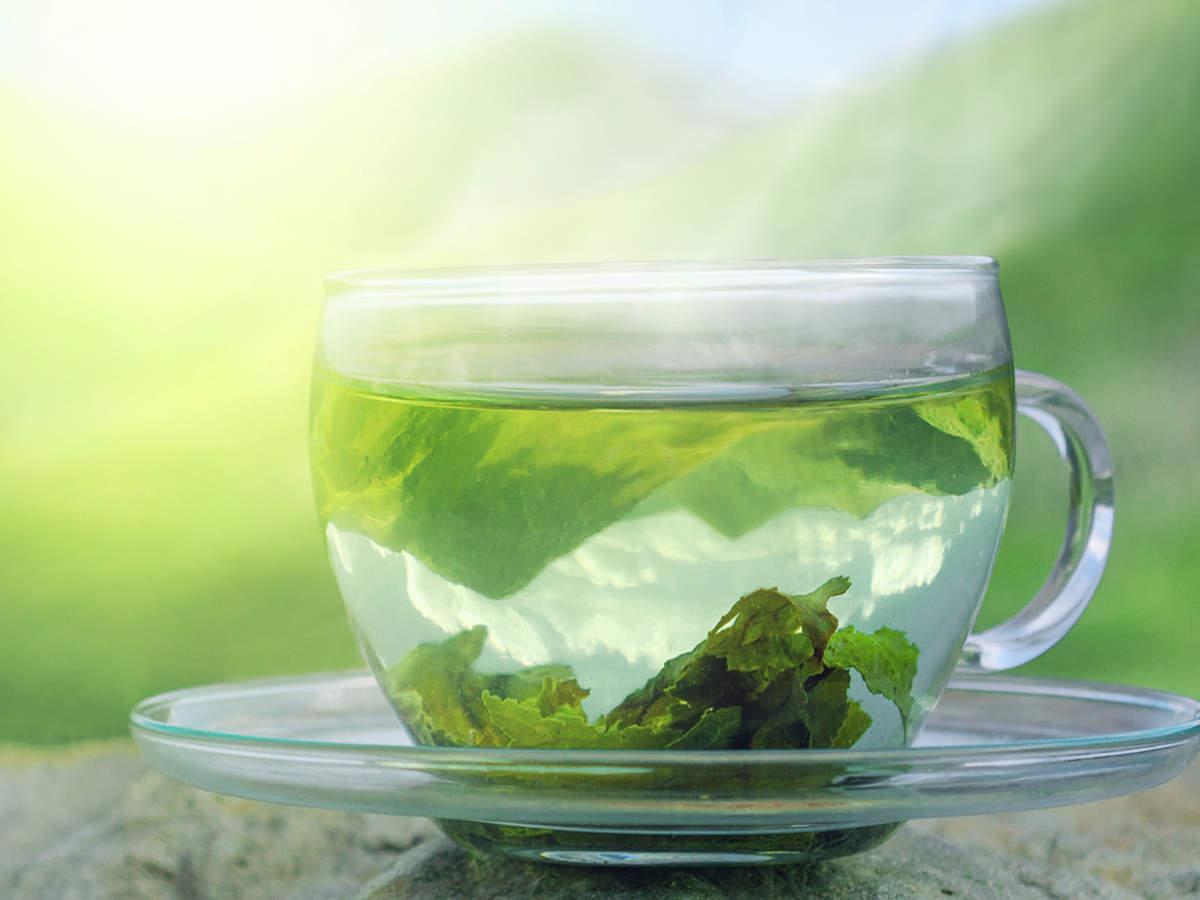Discover why drinking green tea at night is not the best choice for weight loss. Learn about the effects of caffeine, night time impact on sleep, and potential disruptions to weight loss. Find out about alternative herbal teas for bedtime and the importance of long-term habits for successful weight management.
Drinking green tea has long been touted for its numerous health benefits, including aiding in weight loss. However, when it comes to maximizing your weight loss efforts, choosing to consume green tea at night may not be the wisest decision. Research suggests that drinking green tea in the evening can interfere with your sleep patterns, which can have detrimental effects on your weight loss journey. In this article, we will explore the reasons why drinking green tea at night is the worst choice for weight loss, shedding light on the impact it can have on your overall well-being.

Potential Benefits of Green Tea
Green tea has long been touted for its numerous health benefits, particularly its potential impact on weight loss. One of the key advantages of green tea is its ability to boost metabolism. By increasing metabolic rate, green tea can help your body burn more calories throughout the day, even while at rest. This can be especially beneficial for individuals looking to shed those extra pounds.
In addition to boosting metabolism, green tea also enhances fat oxidation. Fat oxidation refers to the process in which your body breaks down stored fat and converts it into usable energy. By increasing fat oxidation, green tea may aid in promoting weight loss, particularly when combined with a healthy diet and regular exercise routine.
Another potential benefit of green tea is its ability to reduce appetite. The catechins found in green tea are believed to have a suppressive effect on appetite, making you feel fuller for longer, and reducing the urge to snack or overeat. By curbing your appetite, green tea may support your weight loss efforts by helping you stick to a calorie-controlled diet.
Overall, these potential benefits of green tea make it an attractive choice for individuals aiming to lose weight. However, it is important to note that green tea should be consumed in moderation, as excessive intake may lead to negative side effects.
The Effects of Caffeine
Caffeine, a key component found in green tea, is a well-known stimulant and diuretic. As a stimulant, it can increase alertness and improve concentration, making it a popular choice for those needing an energy boost. However, it is worth considering its potential impact on sleep, particularly when consumed in the evening or close to bedtime.
Consuming caffeine, including that found in green tea, may disrupt sleep patterns. This is because caffeine stimulates the central nervous system, making it more difficult to fall asleep and potentially reducing the quality of your sleep. If you are sensitive to the effects of caffeine, it is advisable to limit your consumption in the later hours of the day to ensure a good night’s rest.

Nighttime Impact on Sleep
The quality of your sleep plays a vital role in overall health and well-being. Unfortunately, consuming green tea in the evening may have a negative impact on sleep quality. Green tea contains caffeine, which can interfere with the body’s natural production of melatonin, the hormone that regulates sleep.
Melatonin is responsible for signaling to your body that it’s time to sleep and helps regulate your sleep-wake cycle. Drinking green tea at night may disrupt melatonin production, leading to difficulty falling asleep or maintaining a deep, restful sleep throughout the night. If you struggle with sleep issues, it may be best to avoid consuming green tea in the evening.
Potential Disruption to Weight Loss
While green tea may offer potential benefits for weight loss, it is important to consider its potential impact on calorie burning and late-night snacking. Caffeine, found in green tea, can increase calorie expenditure by stimulating the central nervous system. However, the effects are relatively modest and may not make a significant difference on their own.
Additionally, consuming green tea, or any hot beverage, in the evening may increase the likelihood of late-night snacking. The warm beverage can trigger a desire for comfort foods or snacks, potentially derailing your weight loss efforts if you give in to these cravings. It is crucial to be mindful of your overall calorie intake and consider the potential impact of green tea on your nighttime eating habits.
Furthermore, the potential disruption to sleep quality caused by green tea consumption can also indirectly impact weight loss efforts. Poor sleep has been linked to weight gain and difficulty in losing weight. Therefore, it is essential to prioritize a restful night’s sleep to support your weight loss goals.

Alternative Herbal Teas for Nighttime
If you enjoy a warm beverage before bed but are concerned about the impact of green tea on your sleep and weight loss journey, there are alternative herbal teas that can provide a soothing and calming effect while avoiding the potential downsides of caffeine.
Chamomile tea is a popular choice for promoting relaxation and improving sleep quality. It is caffeine-free and contains compounds that may have a mild sedative effect, making it an excellent choice for winding down before bed.
Peppermint tea is another caffeine-free option that can help relax the body and soothe the digestive system. Its refreshing aroma and taste can be a pleasant way to unwind after a long day.
Valerian root tea is known for its potential sleep-enhancing properties. It has been used for centuries to promote relaxation and improve sleep quality. While the taste may be an acquired one, valerian root tea can be a worthwhile alternative for those looking to avoid caffeine in the evening.
Long-Term Habits and Weight Loss
While the choice of beverage in the evening can have an impact on sleep quality and potentially weight loss, it is crucial to consider the bigger picture. Consistent sleep patterns and developing a night time routine are essential components of a healthy lifestyle and effective weight management.
By prioritizing consistent sleep and establishing a bedtime routine, you can support your overall well-being and optimize your weight loss efforts. Set a regular sleep schedule, create a relaxing pre-bed routine, and ensure your sleep environment is conducive to restful sleep. These habits can contribute to improved sleep quality and create a strong foundation for successful weight management.

Conclusion
Green tea offers several potential benefits for weight loss, including boosting metabolism, enhancing fat oxidation, and reducing appetite. However, its caffeine content may disrupt sleep patterns and interfere with melatonin production. Consuming green tea in the evening can potentially disrupt weight loss efforts through increased late-night snacking and an indirect impact on overall sleep quality.
If you prefer a warm beverage before bed, consider alternative herbal teas such as chamomile, peppermint, or valerian root. These caffeine-free options can provide a calming effect without negatively impacting sleep or weight loss goals.
In the pursuit of weight loss, it is important to develop long-term habits that prioritize consistent, quality sleep. By establishing a night time routine and creating an optimal sleep environment, you can support your overall health and well-being while maximizing the potential benefits of green tea or alternative herbal teas for weight management.
